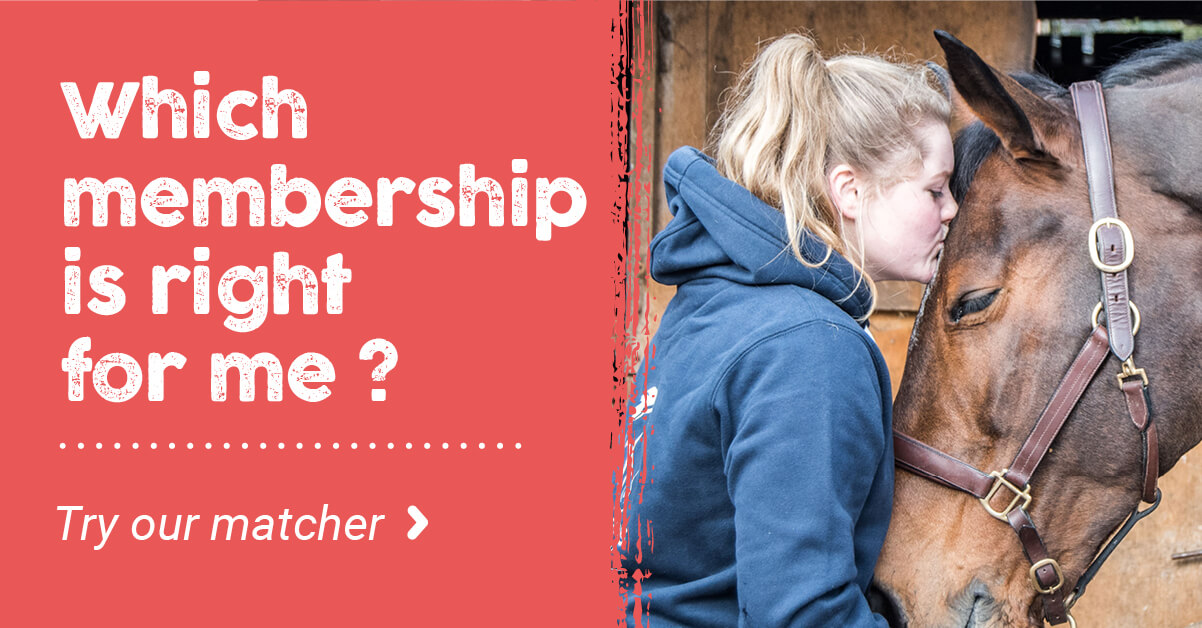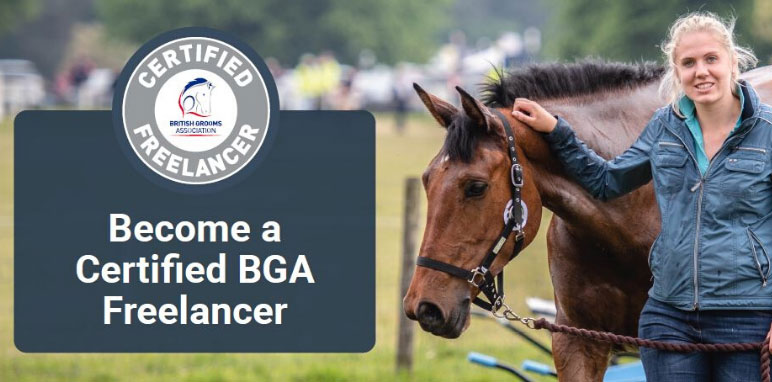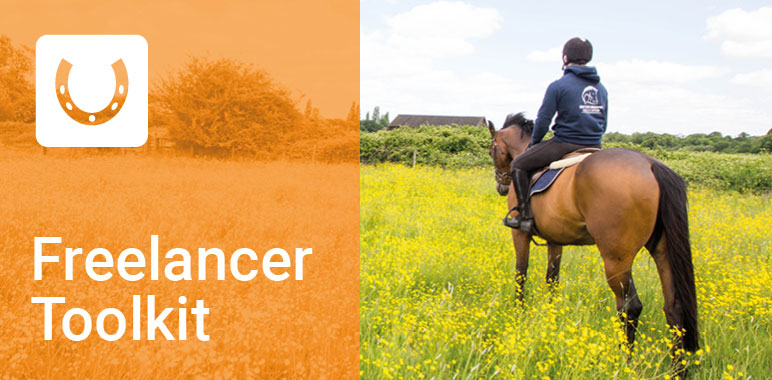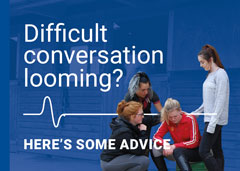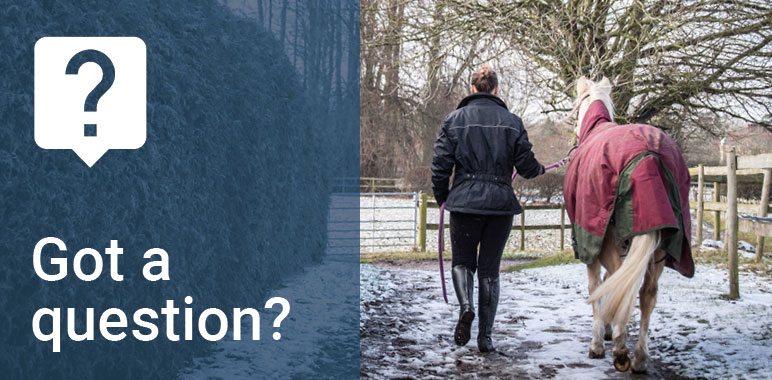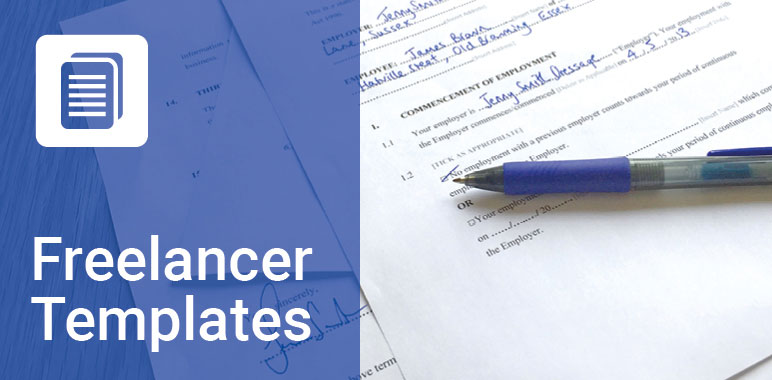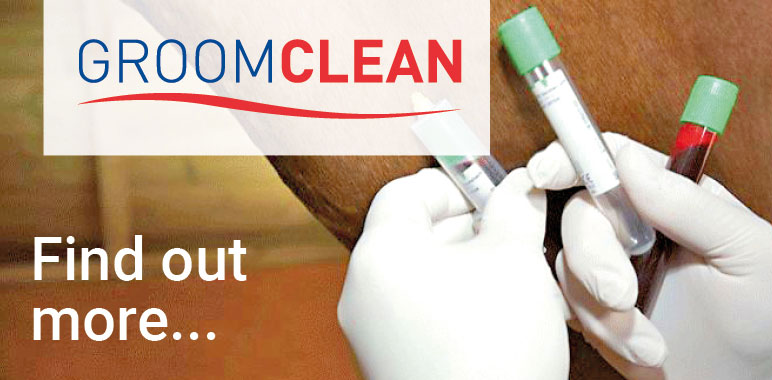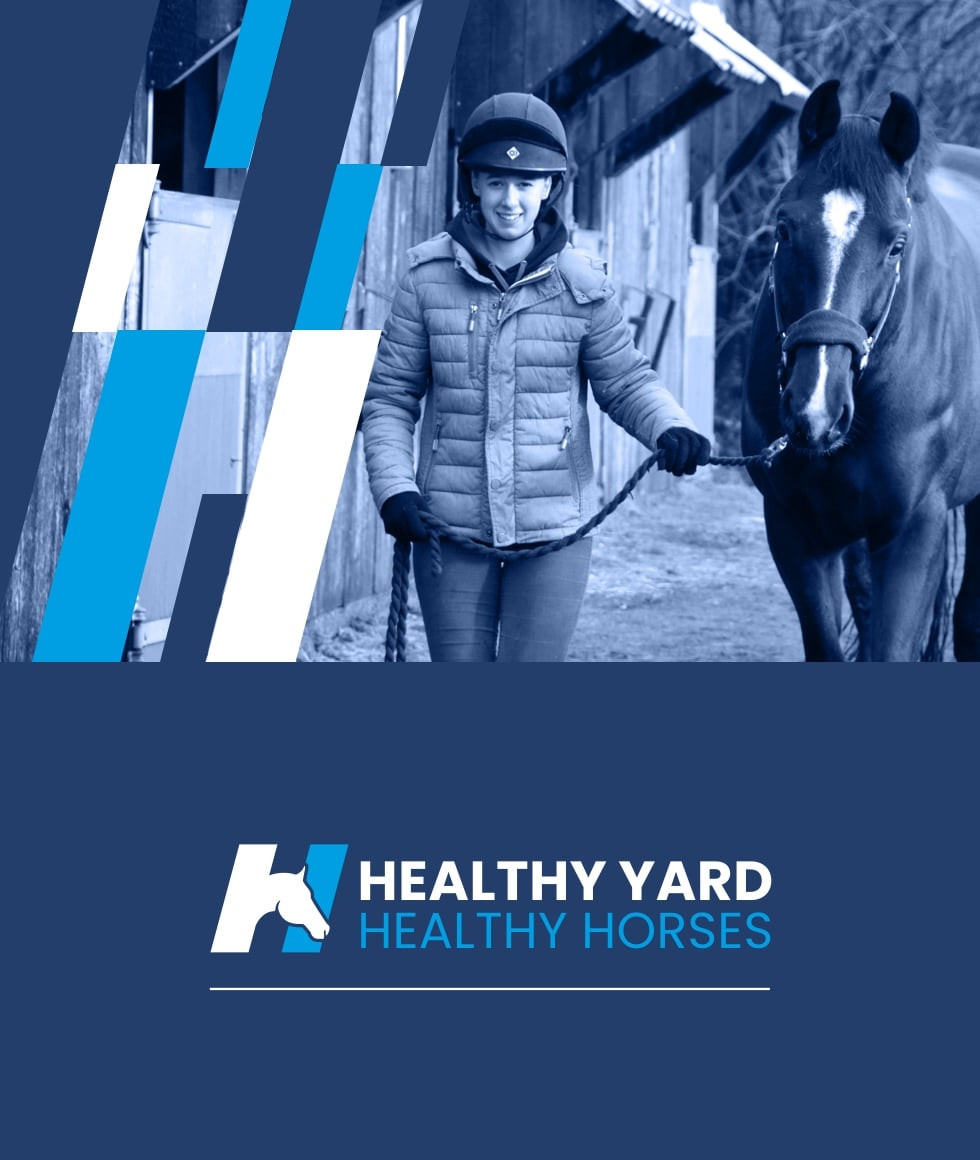- Join Now
- Login
- Member Zone
- Your Career
- Freelancing
- International Grooms Association
- BGA Training
- Healthy Yard Healthy Horses
- Transporting horses
- Brexit
- Safe workplace
- Student Zone
- Member Discounts
- BG Magazine
- Member services
- Training & Careers
- BGA CV Creator
- Horse groom training
- Where to Train
- BGA E Learning
- Career choices
- Change to Racing
- First Aid training for grooms
- Parents
- Grooms Jobs
- Grooms Life
- About
- News
- Contact

42% of freelancers are falsely self-employed
30th August 2021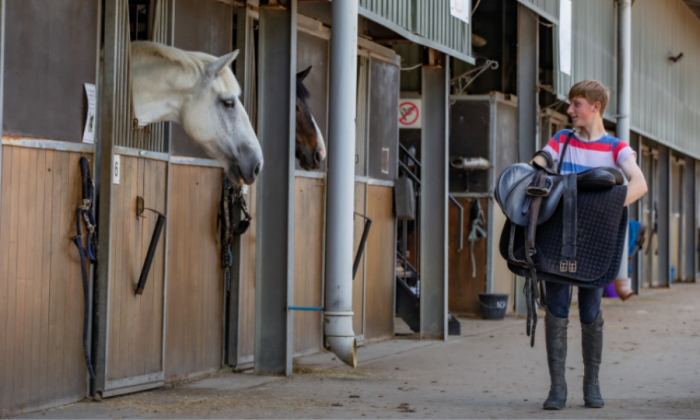
A recent survey, conducted by the British Grooms Association (BGA), revealed that 42% of freelance grooms are falsely classed as self-employed, when they should have either employee or worker status.
False self-employment prevents the employee from obtaining employment rights. It is also is a form of tax evasion, and is illegal.
This often means that the employer also avoids purchasing Employer’s Liability Insurance which is both unlawful and immoral and results in the groom being unprotected at work.
If an accident were to occur the consequences could be significant for both parties.
Executive Director of the BGA, Lucy Katan
Being self-employed is multi-factorial and the following circumstances are all warning flags:
- Only working for one person;
- the employer setting the hourly rate and the hours/days to be worked;
- not having the flexibility to be able to work for others;
- and having to ask for holidays.
“You can’t be told that you are self-employed. Also, paying your own tax and National Insurance doesn’t automatically mean that you are classed as self-employed. Being falsely self-employed is leaving grooms and employers at risk of investigation and is illegal."
HMRC
“Employment status is never a matter of choice; it is always dictated by the facts and when the wrong tax is being paid we put things right.
The status of a worker and the associated tax and National Insurance Contributions are determined by the reality of the working relationship and not simply by the terms of any contract.” HMRC spokesperson
The HMRC guidance about who is employed and who is self-employed can be found here.
Grooms concerned about their employment status are advised to review this false self-employment guide and understand the differences between an employee, worker and being self-employed.
Employers who need advice should get in touch with the Equestrian Employers Association.
What the personal accident policy covers you for:
- Whilst at work
- All stable duties – mucking out, grooming, washing off, turning out
- Clipping
- Riding – including hacking and jumping
- Hunting
- Lunging
- Breaking in
- Holding horse for a vet and other procedures
- Travelling horses both in the UK and abroad
- Competing in line with your job including: jumping, dressage, eventing
- Injuries that may happen to you whilst you are teaching - but you must also be grooming as part of your duties and not be a sole instructor
What the personal accident policy doesn’t cover you for:
- Riding in a race, point to point or team chase
- Stunt Riding
- Accidents occurring whilst travelling to and from work
- Riding and competing your own horse (but you can upgrade when applying for membership to include this)
- Public Liability – this is a separate insurance policy - the Freelance Groom Liability Insurance
- Care Custody and Control – this is a separate policy - the Freelance Groom Liability Insurance
If you require additional cover then please contact KBIS directly.
| GROOM | RIDER | EMPLOYER | |
|
When you are working for other people you do most of the following; muck out, turn out/catch in, tack up, groom horses, exercise Horses (including hacking, jumping and schooling), in the care of your employer/client. |
|
|
|
| Predominantly ride horses for other people including schooling, exercising and competing. | NO |
YES |
YES |
| Provide grooming services for someone else either full time or on a freelance basis i.e. an employer or a client. | YES |
NO |
NO |
| Employ staff – have an employers liability policy in your name | NO | NO | YES |
| Buy and sell horses | NO | YES | YES |


